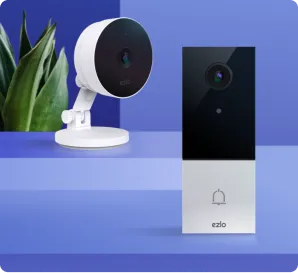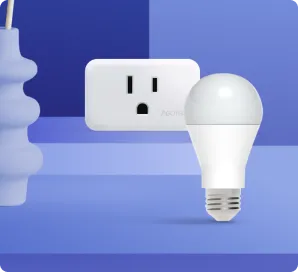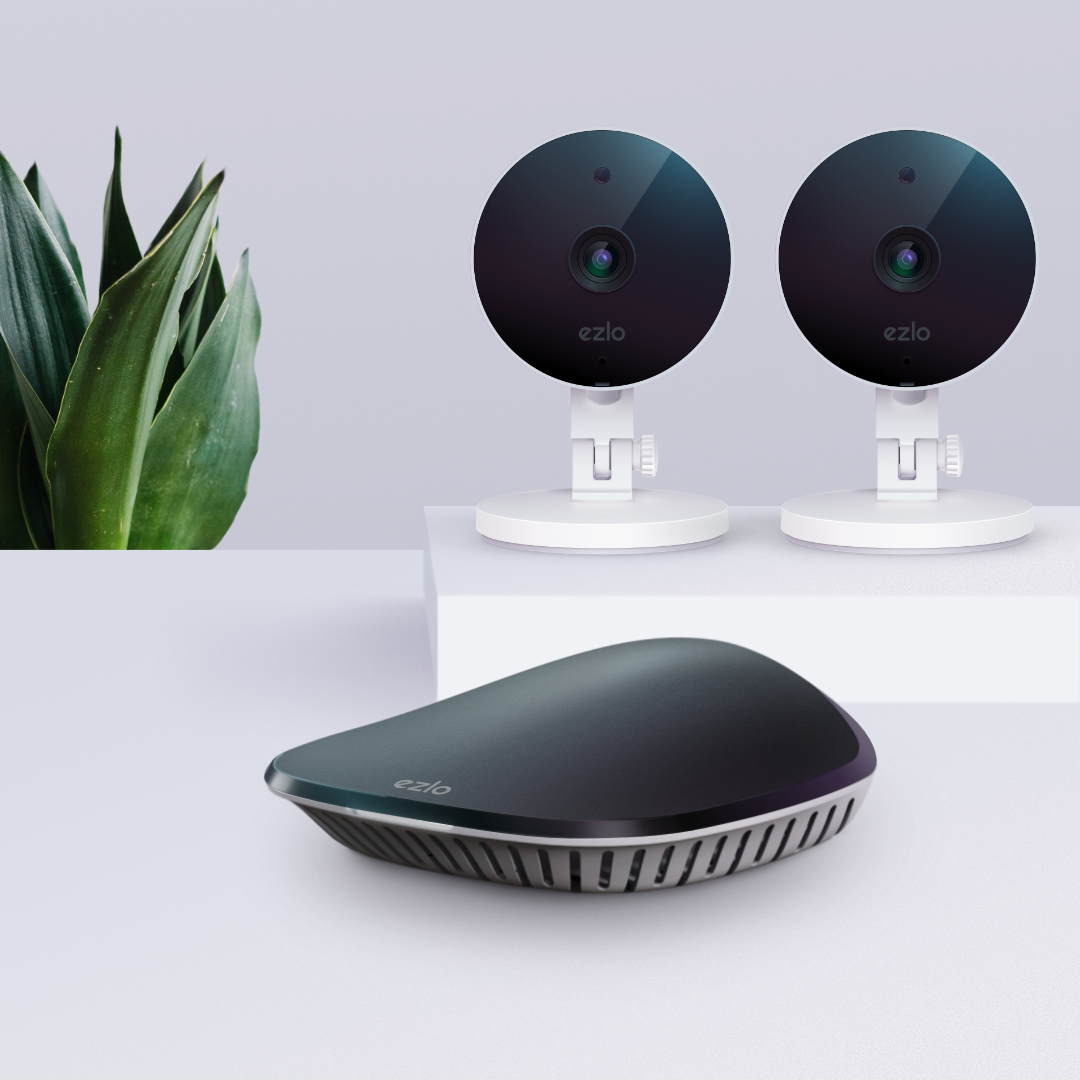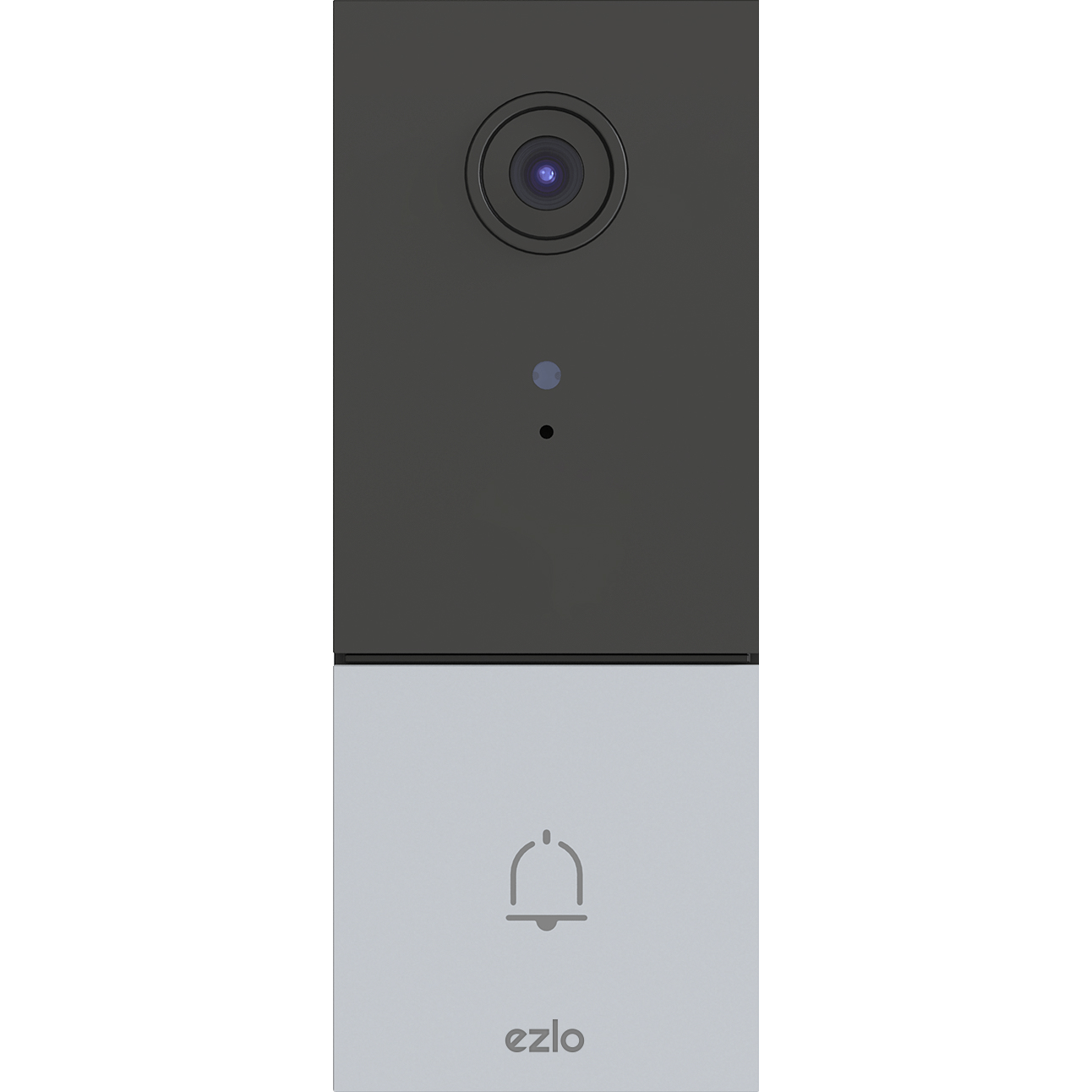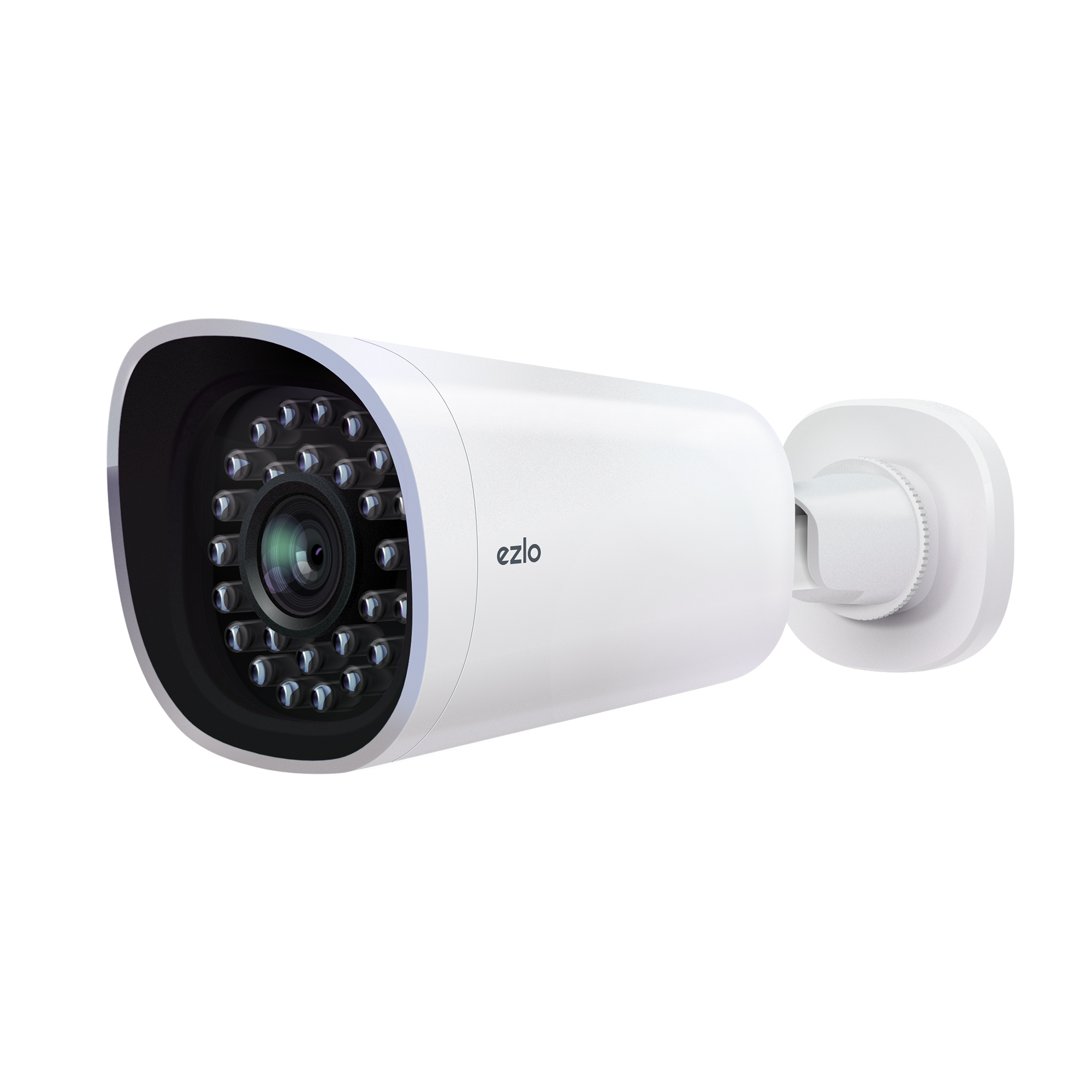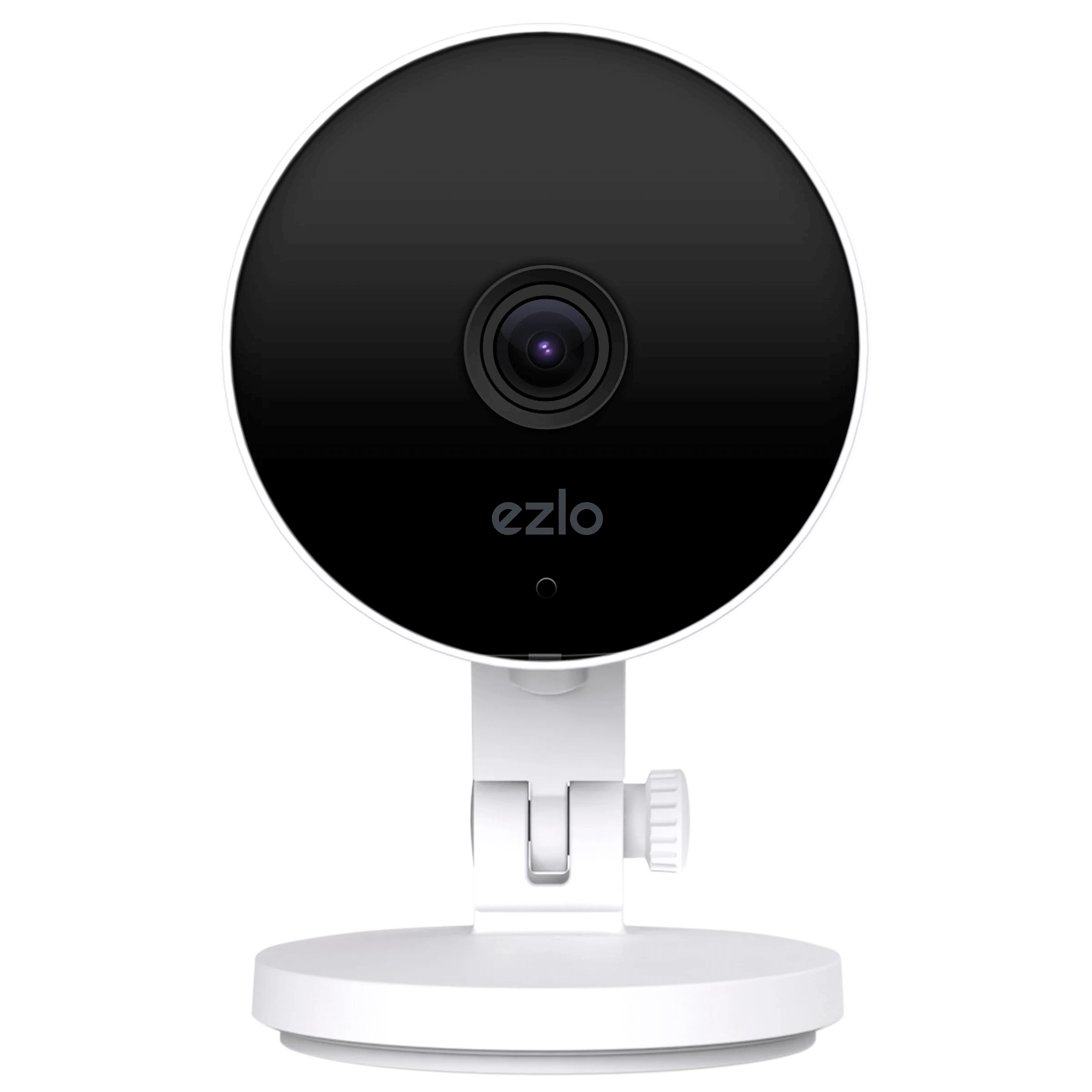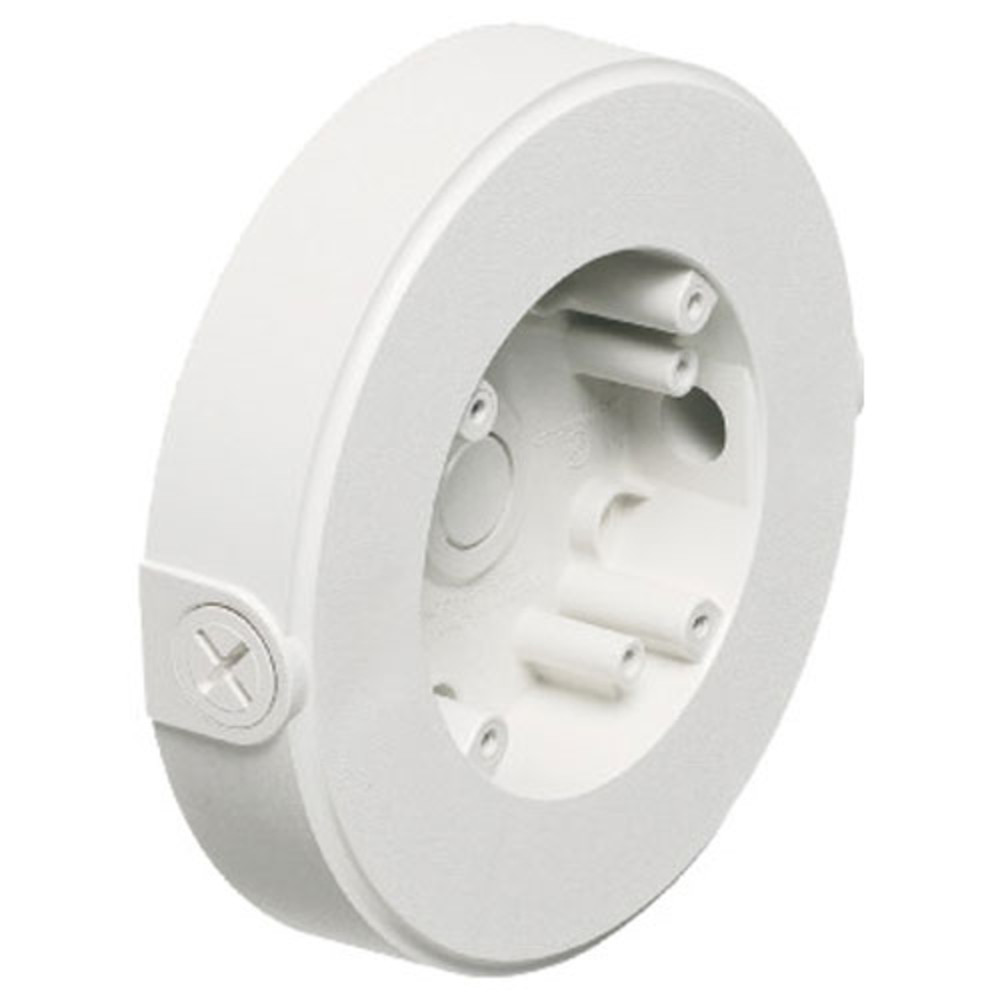The explosion of online activity in China saw the emergence of a surveillance CCTV channel in almost every place you looked. The intention was to monitor the movements and activities of the citizens and people entering the country. Today, China leads in the number of surveillance CCTV cameras globally. Besides enjoying the largest CCTV surveillance network globally, China also provides the rest of the world with half the number of security and surveillance cameras in use today.
Even as good as this may sound, heavy CCTV surveillance has several drawbacks. People are not too thrilled about the curtailing of their privacy. The Chinese government has, on many occasions, tried to address the inaccurate representations of its heavy surveillance systems. It does this through media, such as the highly acclaimed state-owned CCTV channel-9, an all-English news channel watched by people from different states, and other campaigns.
How do the Chinese feel about using CCTV channel surveillance cameras around them?

Heavy CCTV camera surveillance is a part of public life in China. The country does not have any laws in place to regulate their usage. You cannot cross a street without a surveillance camera following your every move. You cannot enter a shopping mall without a camera looking down at your movements.
No place is camera-free, including restaurants, schools, and even public transport vehicles. It is like living in a society where big brother evaluates you based on your level of honesty and integrity. Whatever you do, your rating as a worthy citizen pursues you around.
A top rating may entitle you to high-speed internet delivery or your residency permit, or visa to another country processed more quickly. In contrast, if you publish or post political messages on the internet without authorization, or if you challenge or contravene the government’s official version of current events, your rating will go down.
Private corporations collaborating with the government routinely sift through enormous amounts of information from social networks and internet shopping activities to quantify your rating.
The state collects considerable information by using CCTV channel surveillance video cameras strategically located on your street and throughout the town. If facing an arrest for a crime or simply walking down the road, facial recognition systems will match surveillance video footage of your face to an image of you stored in a national ID registration dataset.
Advantages and Disadvantages of Using CCTV Channel Security Cameras
Technology can be both a blessing and a curse. Whereas innovation and technological advancements can provide numerous benefits, they can also create issues. Even though most people benefit from it, a small number of individuals with entrenched interests keep abusing it and make life difficult for the minority.
In today’s world, security cameras are one of the advances in modern technology, and they are popular in both homes and offices. Because of the wide range of advantages it provides, CCTV surveillance cameras continue to gain enormous and positive acceptance as a highly effective protective measure. Below are the pros and cons of CCTV security solutions.
Pros of CCTV Channel
Prevent crime
Security is invaluable in every state and every home. Installing surveillance CCTV cameras is the first step to minimizing crime. People with ill motives notice the cameras watching and following their every movement, forcing them to stop their activities. Even if the cameras are discreet, you will still feel a sense of enough security around you, which is a huge relief.
Monitor activities around homes and offices
Video surveillance cameras are a great way to monitor all the activities around your home or office premises. Some come with motion sensors that send a trigger warning to your mobile phone when an intruder enters the property. Besides detecting people, they also help see stray animals entering the compound.

Chronicles activities
You can do with today’s innovative CCTV digital video recorders if you want to maintain records of everything the surveillance cameras capture. Doing this makes it easier to investigate a past suspicious activity.
Proof of Evidence
Installing cameras in critical locations helps a lot if you need to keep track of people’s statements, and actions or when you need to monitor an incident. Advanced security cameras have high-definition video audio capabilities. They are more efficient than ever before when recording a series of events because of the explicit images and excellent sound.
For example, a legal situation in which an eyewitness account may overlook a crucial fact or provide an inaccurate portrayal of what took place is particularly advantageous. A surveillance digital video recorder with image capture and audio capabilities can show the sequence of events, thus saving the situation.
Cons of CCTV Channel
Loss of privacy
As is the case in China, the use of surveillance CCTV cameras subjects the citizens to loss of privacy. It feels the same when you install Digital CCTV Camera system in workplaces without consulting the staff, even with consultation; people are not free to do what they want even if it is not harmful with ease.
Costly
Surveillance CCTV cameras cost a lot of money, with the most expensive being the ones with advanced features. Some models, such as Hikvision, offering 4 to 32 CCTV channels DVR, are costly but provide a wide range of solutions for diverse applications.
Hackable
Unfortunately, even most security cameras are vulnerable to misuse and hacking.
Cannot hinder theft
Surveillance video cameras can detect theft, but they cannot prevent the sane from taking place. The only way they can help is to incorporate them with an alarm that sends a signal to the authorities. However, you can use the images captured to hunt down the perpetrators.
Wrapping up
CCTV surveillance is crucial in every country. It is becoming a popular trend for many people to install security in their homes, offices, and businesses to deter crime. However, too much of everything can feel like a mess, as in China.
The residents simply do not like the many surveillance cameras because they compromise their privacy. Some even argue that CCTV cameras do not significantly impact crime rates.


